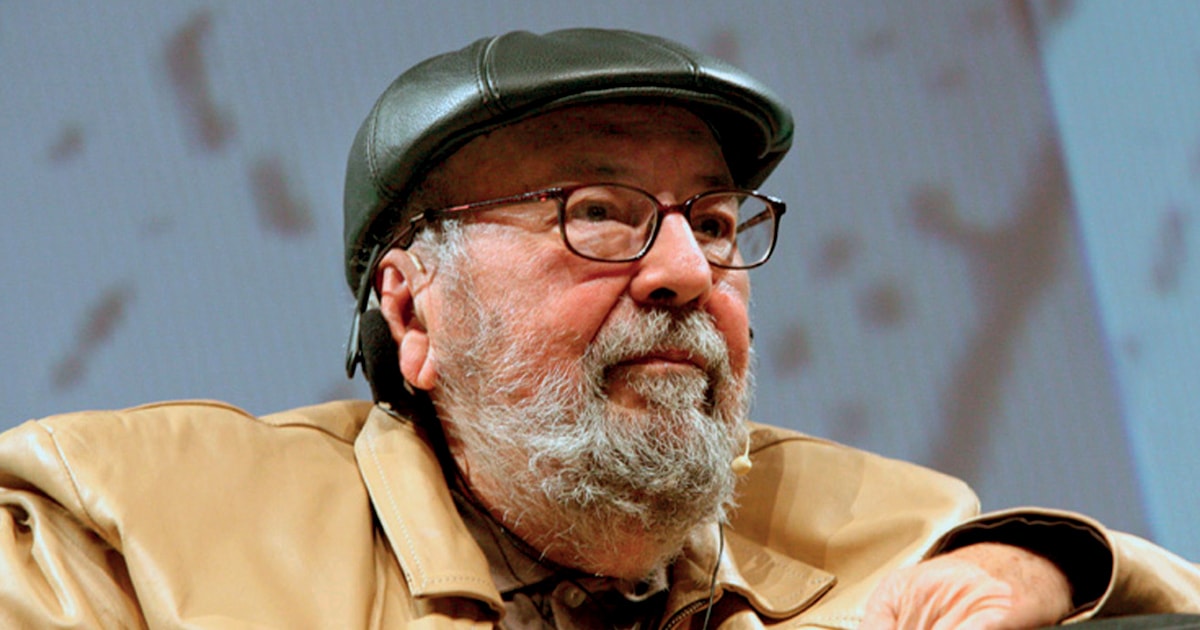Reflections on the ambiguities of Brazil’s modernization process were central to the intellectual path of sociologist Francisco Maria Cavalcanti de Oliveira, emeritus professor at the University of São Paulo’s School of Philosophy, Languages and Literature, and Human Sciences (FFLCH-USP). After receiving a degree in social sciences in 1956 from the Federal University of Pernambuco (UFPE), Chico de Oliveira, as he was known, worked with economist Celso Furtado (1920–2004) at the Superintendency for Northeast Development (SUDENE) between 1959 and 1964. With the onset of the military coup he went into exile for three years in Guatemala and Mexico. Back in Brazil, in 1970 he was invited to work at the newly created Brazilian Center for Analysis and Planning (CEBRAP), where he remained until 1995. Born in Recife, Oliveira died on July 10 at the age of 85 in São Paulo.
At CEBRAP the sociologist developed one of his best-known works, the essay “A economia brasileira: Crítica à razão dualista” [The Brazilian economy: A critique of dualist reason], published in 1972 in the second issue of Estudos CEBRAP. Ruy Braga, head of the FFLCH Sociology Department, explains that the essay supports the idea that, in Brazil, economic growth should not be viewed as a bourgeois revolution, but as a “progression of contradictions.” According to Oliveira’s essay, such a characteristic would be typical of societies on the periphery of the capitalist system, in which modern and archaic features coexist. “Oliveira’s theoretical production offered original reflections on the country’s modernization process by establishing dialogues between the social sciences and political economics,” says Leonardo Mello e Silva, also from the FFLCH Sociology Department, who had Oliveira as his doctoral advisor.
In 1980, Oliveira began to teach economics at the Pontifical Catholic University of São Paulo (PUC-SP) and, in 1988, became a professor at USP’s Department of Sociology. In 1992, he was awarded an honorary doctorate at FFLCH and, in 2008, that of professor emeritus. “At that time, he began to develop his thoughts on the meaning of rights and the public space in a society like Brazil’s: unequal, violent, and with the features of an imperfect modernity,” observes Mello e Silva. In the 1990s, Oliveira worked on the research project “The horsemen of the anti-apocalypse” in order to investigate the automotive industry’s sector council, bringing together issues of collective rights, the political economics of globalization, and the sociology of work. “The study is considered a milestone in the analysis of labor relations in Brazil,” adds Mello de Silva.
In 1995, the researcher participated in the creation of the Nucleus for Citizenship Rights Studies (NEDIC), known today as the Center for the Study of Citizenship Rights (CENEDIC), at USP. “Since then, his essays have turned to what he termed the ‘negative dialectic’ of development in a peripheral country, the central idea of his 2003 essay ‘O ornitorrinco’ [The Platypus],” says Mello e Silva. Considered to be an updating of the ideas present in “The Brazilian economy: A critique of dualist reason,” the essay draws a parallel between the animal—at the same time reptile, bird, and mammal—and Brazil. For Oliveira, Brazil is a country that is likewise trapped at an evolutionary impasse, with a capitalist system that continues reproducing historical inequalities as it develops, combining modernity and backwardness. “Oliveira said that in Brazil, backwardness is a political option, rather than a structural fatality,” concludes Mello e Silva.
Republish